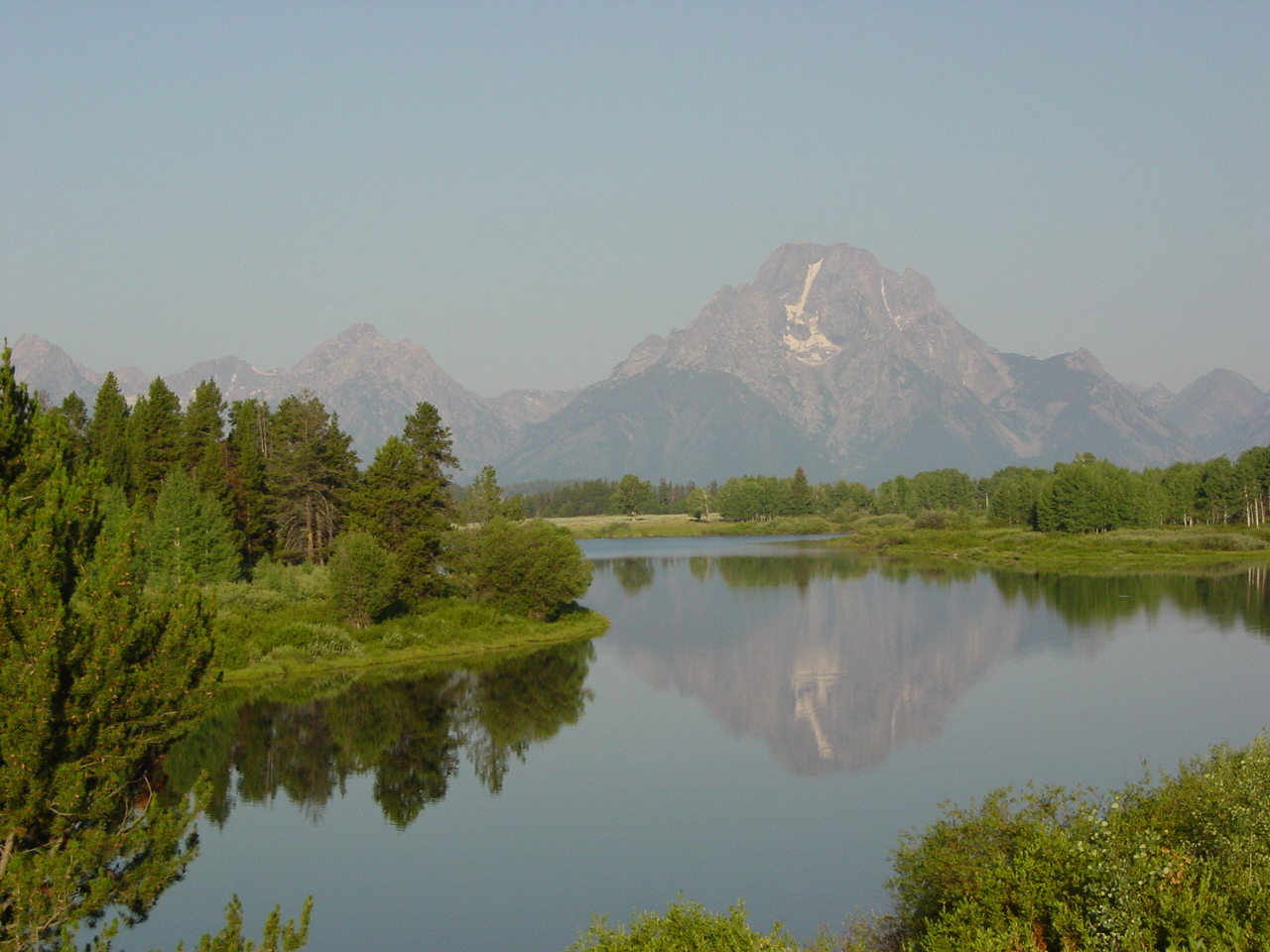Chapter 20: World War II in Wyoming
(Under revision)
The “Temporary Emergency Sales Tax Act” and its Successors
After the Griffenhagen plan was roundly rejected, various groups proposed new ways to raise revenue. Ranchers and farmers preferred an income tax, given that the only statewide tax in effect at the time was on property. Few “town residents” have to pay much on property taxes, they argued.
Several legislators, many from Jackson Hole, wanted to legalize all forms of gambling with the state sharing in the proceeds. The “experiment” in Nevada, adopted earlier in the decade, appeared to be working, they argued. Consequently, the 1935 legislature passed laws allowing for gambling, but after the session ended, Gov. Miller vetoed the act that had the support of legislators from both parties and in both houses of the legislature.
Finally, the legislature accepted a recommendation for a “Temporary Emergency Sales Tax,” designed to be a) temporary; and b) last only for the duration of the economic downturn, i.e. the Great Depression. The measure gained sufficient acceptance that in 1937, the legislature passed a renewal, this time as the “Emergency Sales Tax Act.” Finally, in 1939, it passed the “Sales Tax Act of 1939,” essentially in the form we continue to utilize today in the 21st century.
For more about the various proposals suggested in the 1930s to enhance state revenues, see the article on this website, Wyoming Debates Taxation.
Taxing Minerals with a Severance Tax?
M. C. Brown, former mayor of Laramie and Albany County delegate to the Wyoming Constitutional Convention in 1889, suggested the delegates add a provision in the Constitution for a “Coal Tax.” Initially, the delegates supported the proposal and it was included in the document. One delegate, C. D. Clark from Uinta County, objected. The legal counsel to the UP Railroad argued that the state would generate so much revenue from such a tax that it would lead to corruption, wasteful spending and inefficiences. Evidently, the other delegates bought into Clark’s claims and, the day after they had voted to include the coal tax in the Constitution, they voted to remove it. In fact, the “Coal Tax” became the only major section to be repealed before the convention adjourned.
Cheyenne Democrat William Ross was elected governor in 1922. The incumbent Republican had lost in the party primary because Wyoming people were beginning to experience the impact of an economic depressiion, hitting hard principally in farm and ranch communities. He and others proposed a “severance tax” on minerals because oil and minerals were the only sectors of the economy relatively unphased by economic distress. The legislature authorized a constitutional amendment for a severance tax. Ross campaigned statewide for it in 1923, the measure to appear on the 1924 general election ballot.
Ross died while campaigning for the amendment. His term would have expired in 1926, but his death barely a month before the next general election in Nov. 1924, meant a new governor had to be elected to succeed him to fill out the remaining two years of his term. Ironically, that election would be held at the same time in which the constitutional amendment for a severance tax was on the ballot. Democrats nominated Nellie Tayloe Ross, Ross’ widow, who was elected as the nation’s first woman governor. Meanwhile, the severance tax constitutional amendment, although gaining more “yes” votes than “no” votes, failed due to not winning a majority of the votes cast. It was to be another 50 years before Wyoming passed a severance tax on minerals
